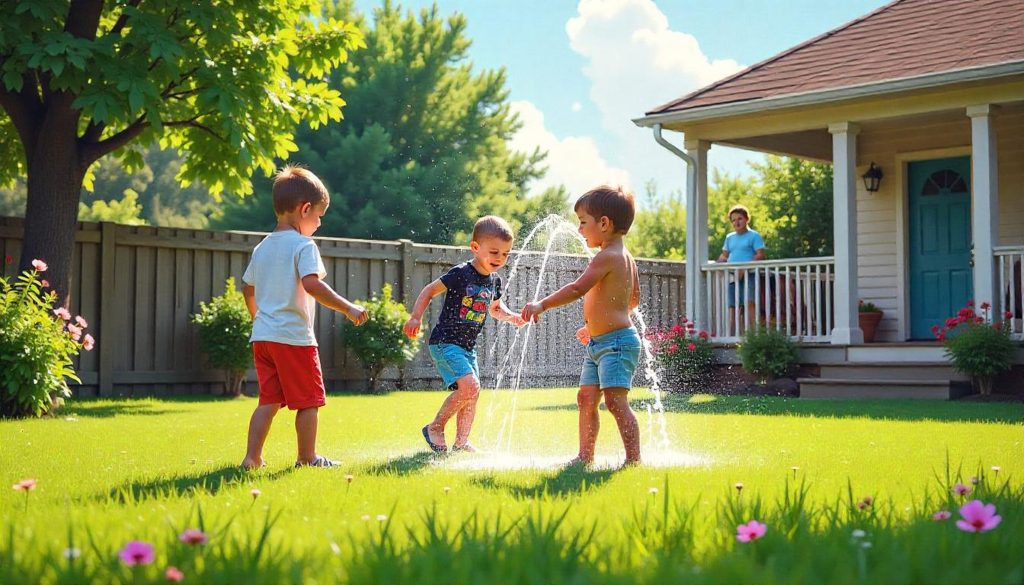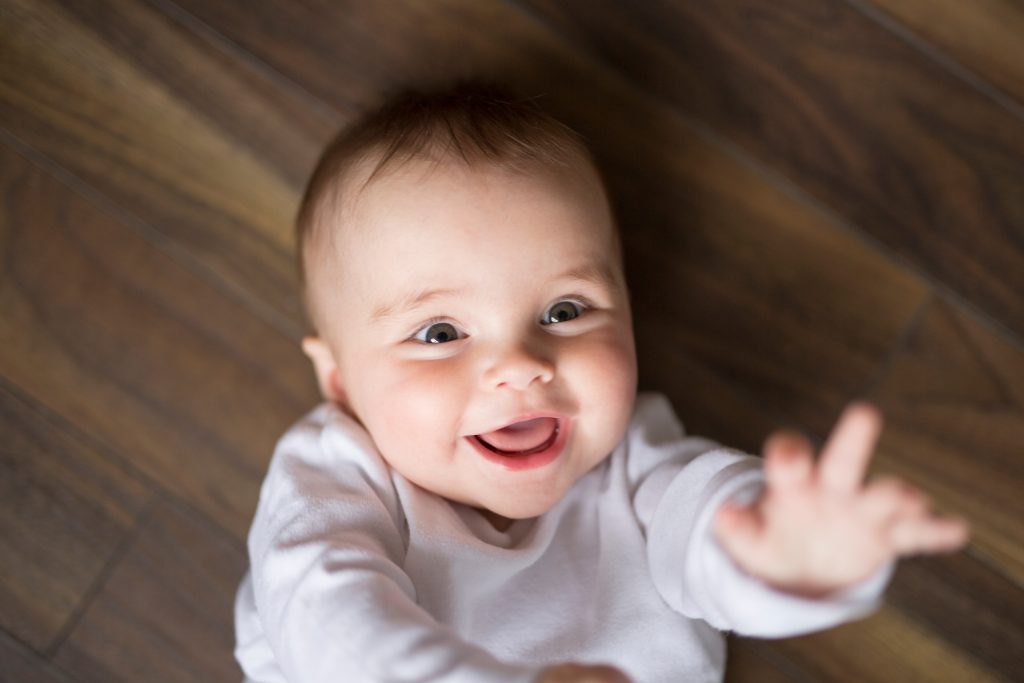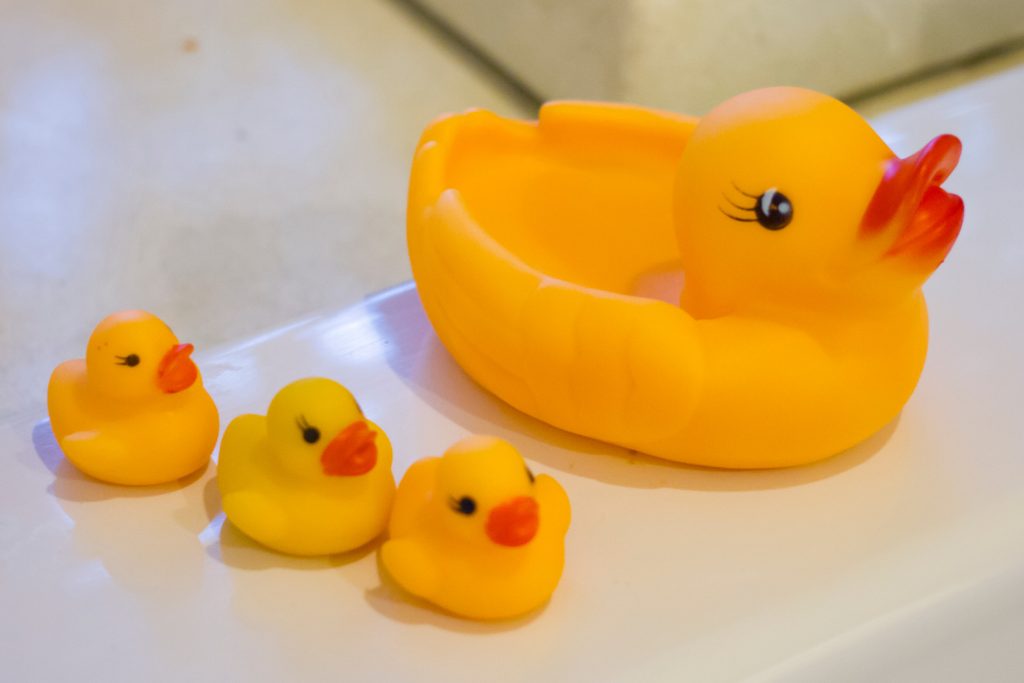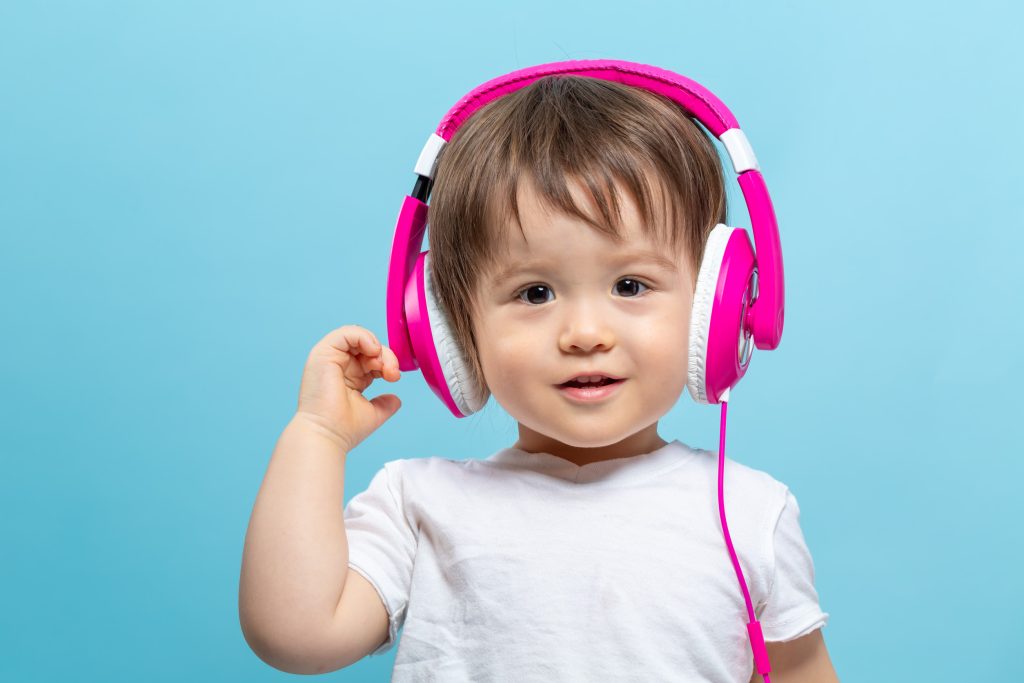
Getting kids outside is one of the easiest ways to boost their mood, burn off energy, and sneak in a little learning without them even realizing it. In a world filled with screens and schedules, outdoor activities for kids offer the perfect break from routine. Whether your child loves digging in the dirt, running around with friends, or just lying in the grass watching clouds, nature provides the ideal backdrop for fun. These activities aren’t just about staying busy—they help build creativity, resilience, and a strong connection to the world around them. If you’re looking to keep boredom at bay while encouraging healthy habits, these seven ideas are sure to deliver.
1. Backyard Obstacle Courses
Creating a backyard obstacle course is one of the most engaging outdoor activities for kids. Use whatever you have—hula hoops, cones, sticks, jump ropes, or even pool noodles—to set up a mini challenge zone. Let your child run, crawl, jump, and zigzag through their very own course. You can even make it a timed competition or a family relay. It’s great for physical development and keeps things fun and fresh every time you rearrange it.
2. Nature Scavenger Hunts
A nature scavenger hunt turns a simple walk into an exciting adventure. Make a list of things for your child to find—like a pinecone, a yellow flower, something round, or a bird feather. You can even include textures or sounds to enhance the sensory experience. Outdoor activities for kids like this one encourage observation and mindfulness, and they make great use of local parks or trails. Bonus: you can turn it into a photo scavenger hunt if your child enjoys using a camera.
3. Sidewalk Chalk Creations
Sidewalk chalk is a low-cost, high-impact way to spend time outside. From hopscotch and creative drawings to obstacle courses and giant board games, the possibilities are endless. Let your kids fill the driveway with their art, or challenge them to draw themed scenes like a zoo, a beach, or outer space. This is one of the best outdoor activities for kids because it fosters creativity and gives them a chance to express themselves in a big, bold way. And when the rain comes, the canvas resets.
4. Water Play and Sprinkler Games
When it’s hot out, water play is a must. Whether you set up a sprinkler, fill a kiddie pool, or hand out sponges and buckets, kids can splash and stay cool while burning off energy. Create simple games like “water balloon toss” or “fill the bucket” races using cups. Outdoor activities for kids that involve water are not only refreshing but also perfect for sensory play. Just remember to keep towels handy and expect a few soaked socks.
5. Gardening Together
Gardening is a calming, rewarding activity that teaches kids patience and responsibility. Let them plant seeds in containers or dig their own patch in the yard to grow vegetables, flowers, or herbs. They’ll love watching their plants sprout and grow, and it gives them a hands-on connection to the food they eat and the environment. Outdoor activities for kids like gardening help build life skills and foster an appreciation for nature. Don’t worry about perfection—messy gardening is part of the fun.
6. Nature-Inspired Crafts
Take the outdoors one step further with nature-based crafting. Collect leaves, rocks, sticks, or petals and turn them into art. Your child can make leaf rubbings, painted rocks, or collages using the treasures they find outside. These outdoor activities for kids bring creativity and nature together, making the most of time spent in the fresh air. It also helps your child see everyday things in a whole new way.
7. Old-Fashioned Playground Games
You don’t need fancy equipment to have a great time outdoors. Classic playground games like tag, Red Light Green Light, hide-and-seek, or freeze dance are still huge hits. These games encourage teamwork, build coordination, and get hearts pumping. Outdoor activities for kids don’t have to be complex to be meaningful—sometimes, the simplest ones bring the biggest smiles. The best part is they’re easy to adapt for different ages and group sizes.
Outdoor Play That Leaves a Lasting Impact
The best outdoor activities for kids aren’t just about keeping them entertained—they’re about giving them the space to explore, create, and grow. Whether it’s a chalk masterpiece, a messy garden, or a joyful dash through the sprinkler, each outdoor moment helps shape a curious, confident, and healthy child. So go ahead, open the door, and watch the magic happen right in your own backyard.
What are your kids’ favorite outdoor activities? Share your best ideas or fun backyard stories in the comments!
Read More:
Summer Fun Without the Sunburn: Indoor Activities Kids Love
7 Summer Activities That Are Surprisingly Dangerous for Kids








